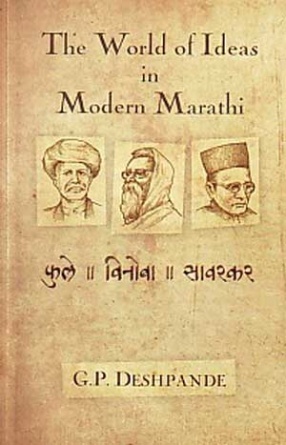
Showing all 7 books

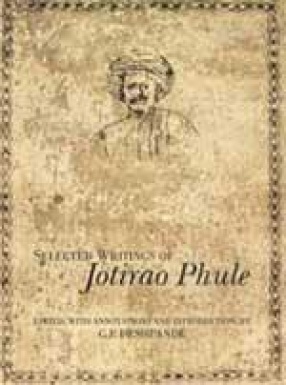

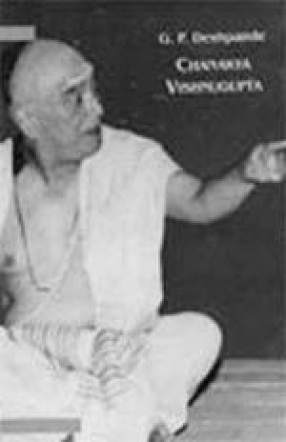
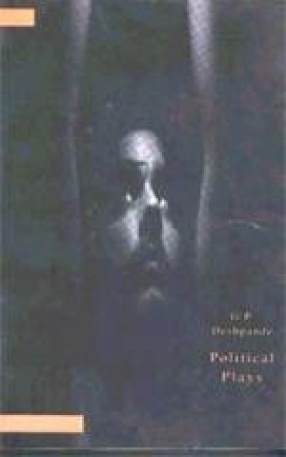


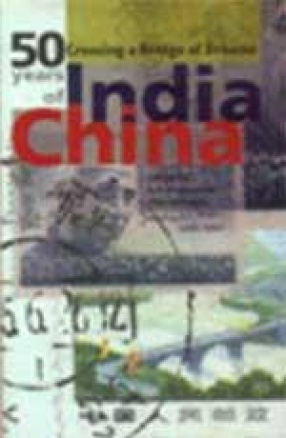
This volume is a collection of papers presented at a national seminar held in New Delhi, to commemorate fifty years of independent India and the People's Republic of China. The objective of the book is to begin a process of systematic inquiry and research into the problems of development and modernization faced by both countries, and their achievements and failures in different directions. It is also an attempt at making a qualitative leap in the vital area of ...

Jotirao Phule (1827-1890) was India’s first systematic theorist of caste, and the most radical 19th century opponent of it, who desired nothing less than a complete smashing up of its oppressive structure. This volume makes available for the first time all his most important prose writings in English. At the centre of Phule’s thought and analysis are Gulamgiri (Slavery) and Shetkaryacha Asud (Cultivator’s ...

A Marxist intellectual, facing an inquiry, stands by his commitment, even as the forces ranged against him rake up a past that is a long and painful story of humiliation, betrayal and failure. In this widely performed play, the public and the private, the ideological and the emotional interpenetrate to make this exposure/self-discovery of a highly-sensitive individual a piece of intellectual history—so characteristic of its author, the Marathi playwright G. P. ...

Veteran Marathi playwright and Marxist intellectual G. P. Deshpande turns to India’s ancient past to pinpoint the historical moment of empire in the context of the history of the subcontinent. The central character of the play, Acharya Chanakya Vishnugupta, theoretician and strategist of state, is perceived to be the force behind the rise of young Chandragupta Maurya from a mere rebel to the status of Emperor of Magadha. What drives Chanakya is a historical ...

G. P. Deshpande is a Marxist scholar, an academic, and a widely produced and translated playwright. Every one of his plays has been put on stage by major directors. His plays have a reputation for being dense in ideas, discussion and debate. This cycle of three plays—A Man in Dark Times, Past One O’Clock, A Passage to Darkness—deals with the impact on human beings, and their relationships, of the collapse of the Communist ideal, and the vacuum left by the ...
